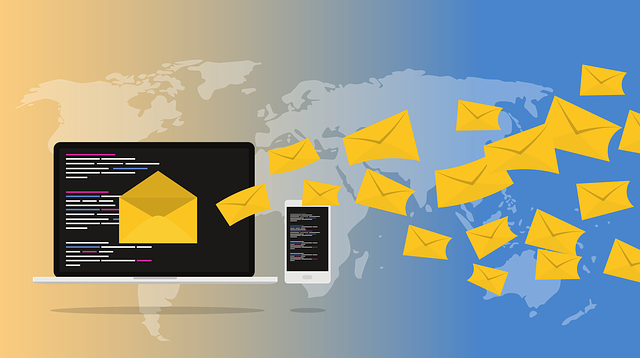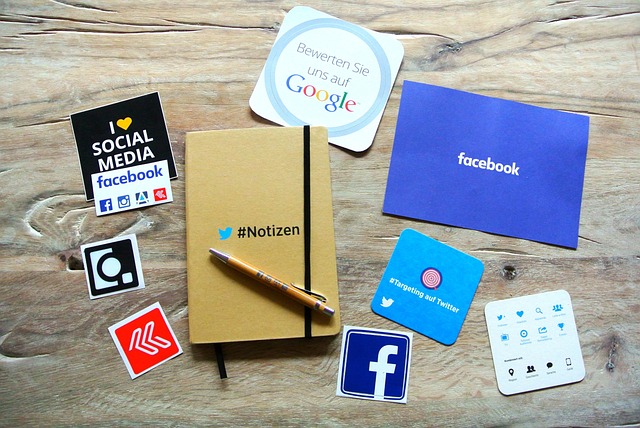AI predictive maintenance for kitchen equipment utilizes machine learning and digital twin technology to anticipate and prevent appliance failures, boosting operational efficiency in commercial kitchens. Smart sensors monitor real-time data like temperature, pressure, and vibration from ovens, fridges, and dishwashers, creating digital twins that learn normal operating patterns and identify potential problems. This proactive approach lets managers schedule maintenance effectively, minimize downtime, reduce emergency repairs, maximize equipment lifespan, and maintain high food safety standards. While integrating AI comes with challenges like data privacy, compliance, and resource needs, its long-term benefits make it a compelling choice for modern kitchen management.
In the realm of modern hospitality, optimizing kitchen operations is paramount. This is where Artificial Intelligence (AI) meets Digital Twin technology, revolutionizing food service management. Our article explores how AI predictive maintenance for kitchen equipment is transforming kitchens into efficient, data-driven ecosystems. We delve into the benefits and challenges of implementing AI in kitchen management, focusing on how digital twin technology enhances critical processes, ensuring peak performance and minimizing downtime.
- Understanding AI Predictive Maintenance for Kitchen Equipment
- How Digital Twin Technology Enhances Kitchen Operations
- Benefits and Challenges of Implementing AI in Kitchen Management
Understanding AI Predictive Maintenance for Kitchen Equipment

AI predictive maintenance for kitchen equipment offers a revolutionary approach to ensuring optimal performance and minimizing downtime in commercial kitchens. By leveraging machine learning algorithms, digital twin technology creates a virtual representation of each piece of equipment, analyzing real-time data from sensors to predict potential failures before they occur. This proactive strategy allows kitchen managers to schedule maintenance activities more efficiently, reducing costly emergency repairs and maximizing equipment lifespan.
The process begins with the installation of smart sensors on kitchen appliances such as ovens, refrigerators, and dishwashers. These sensors collect data on temperature, pressure, vibration, and other parameters, feeding this information into an AI system that learns the normal operating patterns of each device. Over time, the AI can identify subtle deviations from these patterns, flagging potential issues early on. This enables kitchens to take preventive measures, ensuring smooth operations and maintaining high standards of food safety and quality.
How Digital Twin Technology Enhances Kitchen Operations

Digital Twin technology is transforming kitchen operations by offering a sophisticated approach to managing and optimizing equipment performance. By creating virtual replicas of physical kitchen appliances, this innovative solution enables precise simulation and prediction of their behavior in real-world scenarios. With AI predictive maintenance for kitchen equipment integrated, digital twins can anticipate potential failures before they occur, minimizing downtime and maximizing efficiency.
This technology allows kitchen managers to gain valuable insights into equipment health, performance trends, and energy consumption patterns. By analyzing data collected from the virtual models, professionals can make informed decisions regarding maintenance schedules, identify areas for improvement, and implement cost-effective strategies. The result is a more streamlined kitchen environment, where resources are utilized optimally and food quality remains consistent throughout.
Benefits and Challenges of Implementing AI in Kitchen Management

Implementing Artificial Intelligence (AI) in kitchen management offers numerous benefits, particularly with advanced technologies like AI predictive maintenance for kitchen equipment. By leveraging machine learning algorithms, kitchens can anticipate and prevent equipment failures before they occur. This not only minimizes downtime but also reduces the need for costly emergency repairs, improving overall operational efficiency. Moreover, AI can analyze usage patterns to optimize resource allocation, ensuring that equipment is used effectively and reducing energy consumption.
However, challenges exist when integrating AI into kitchen operations. Data privacy and security are paramount, as AI systems require access to sensitive information about equipment performance and usage. Ensuring compliance with data protection regulations while leveraging AI insights can be complex. Additionally, the initial setup and training of AI models demand significant time and resources. Kitchens must invest in robust data infrastructure and train staff to manage and interpret AI outputs effectively. Despite these challenges, the long-term gains in efficiency, cost savings, and improved equipment longevity make AI a compelling option for modern kitchen management.
AI-driven predictive maintenance, particularly through digital twin technology, holds immense potential to revolutionize kitchen management. By creating virtual replicas of equipment and leveraging machine learning algorithms, businesses can anticipate equipment failures, optimize maintenance schedules, and reduce downtime. While challenges such as data privacy and initial implementation costs exist, the benefits—including improved operational efficiency, cost savings, and enhanced food quality—make AI predictive maintenance a game-changer for kitchen operations in today’s digital era.
